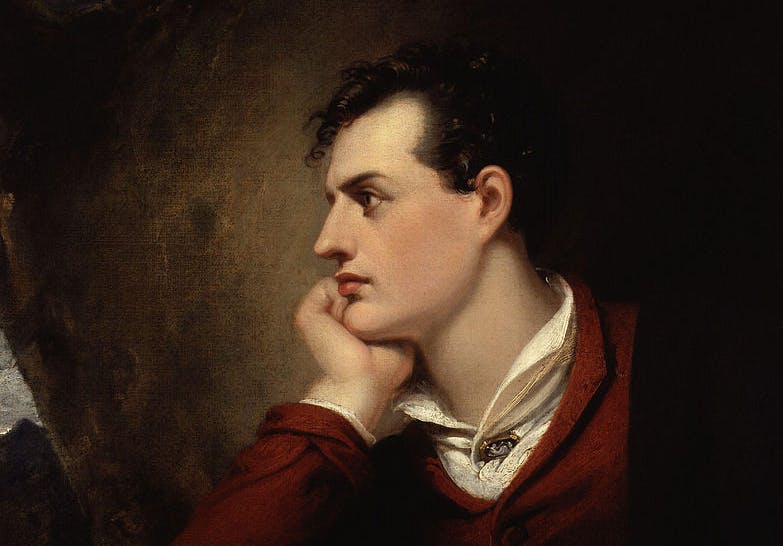
Air Travelers at Mercy of Homeland Security Department After Suspension of Two Security Screening Programs
By SHARON KEHNEMUI
|Lord Byron pictures himself as old, still capable of desire but no longer an object of others’ desire. The fire and the drive that pulls him out of aging languor is freedom for Greece.

Already have a subscription? Sign in to continue reading

By SHARON KEHNEMUI
|
By NEWT GINGRICH
|
$0.01/day for 60 days
Cancel anytime
By continuing you agree to our Privacy Policy and Terms of Service.
By LENORE SKENAZY